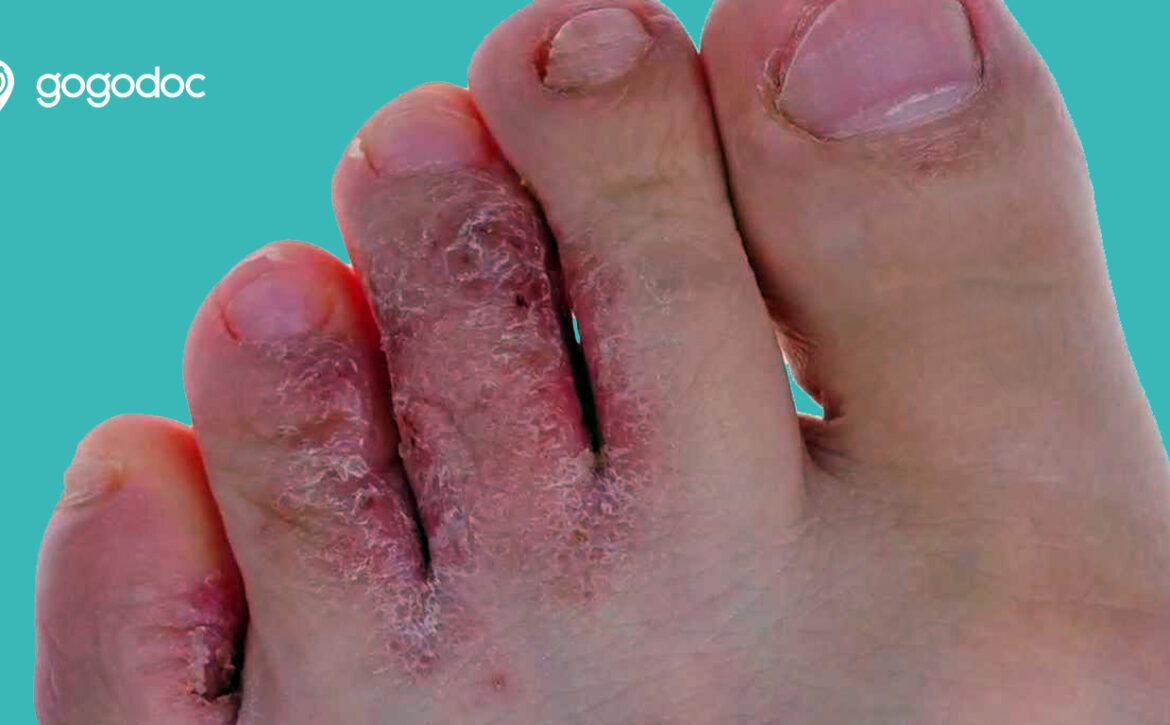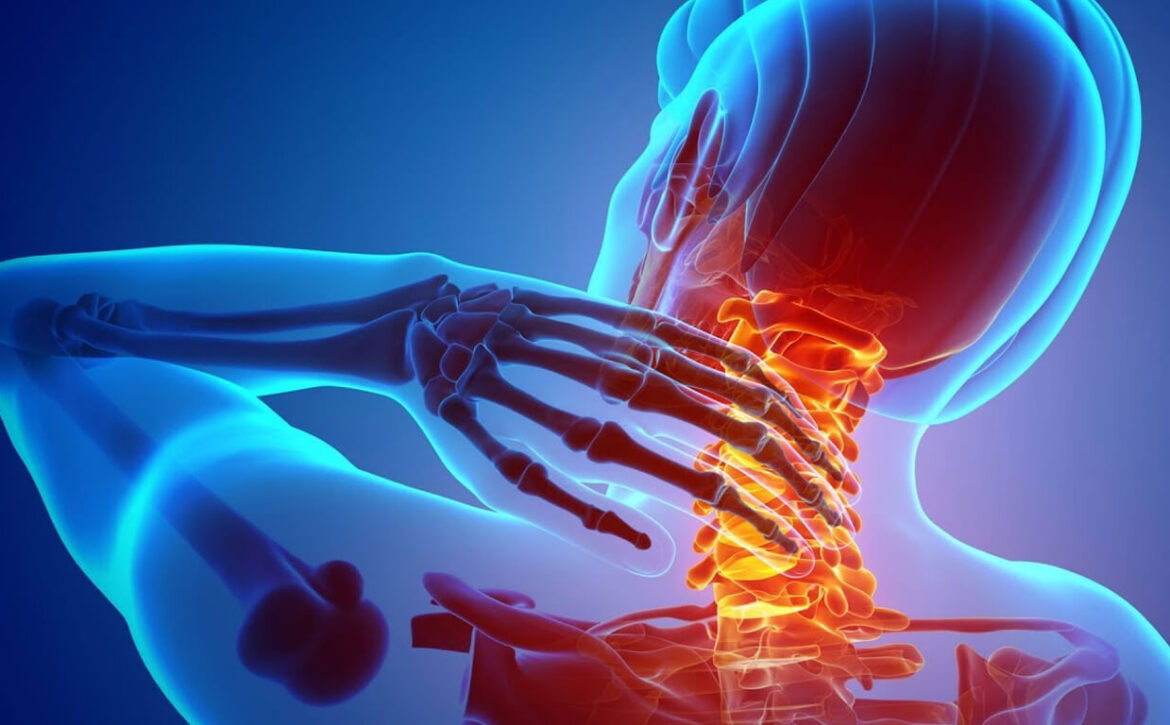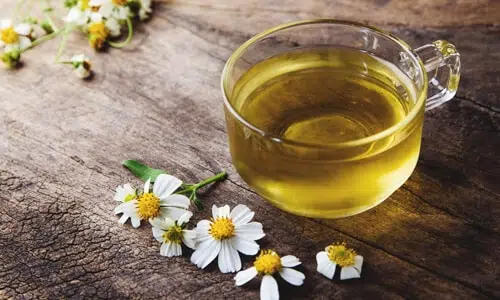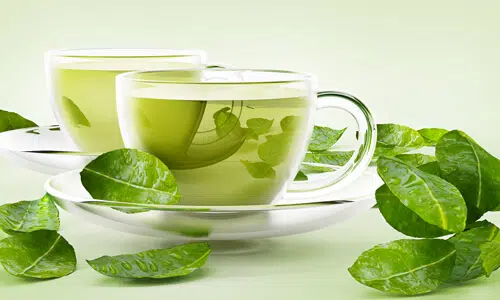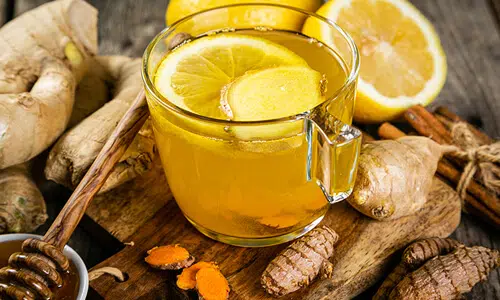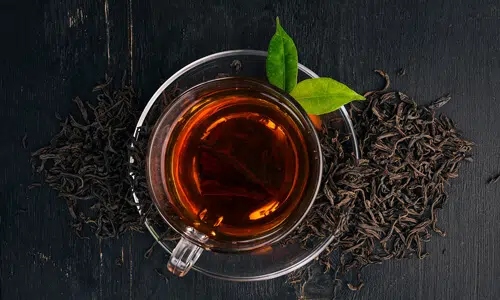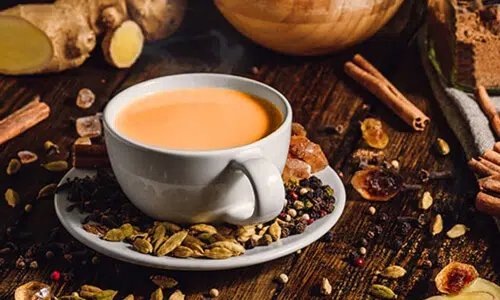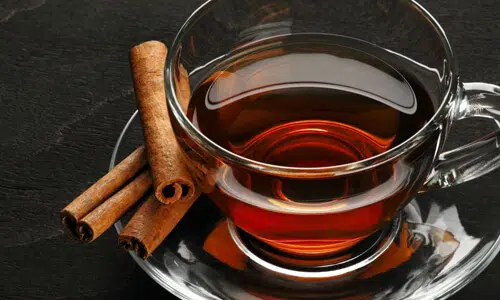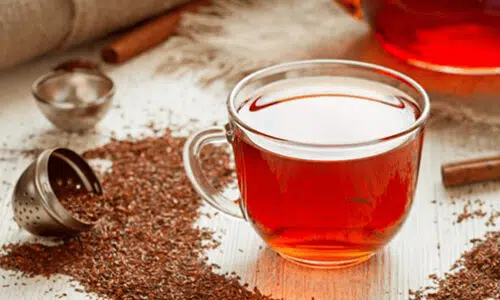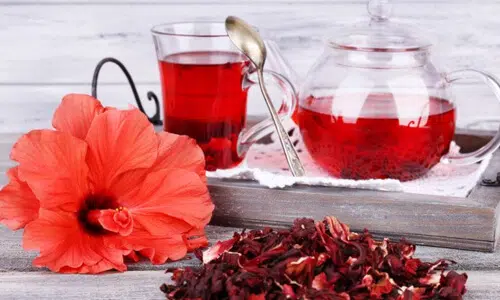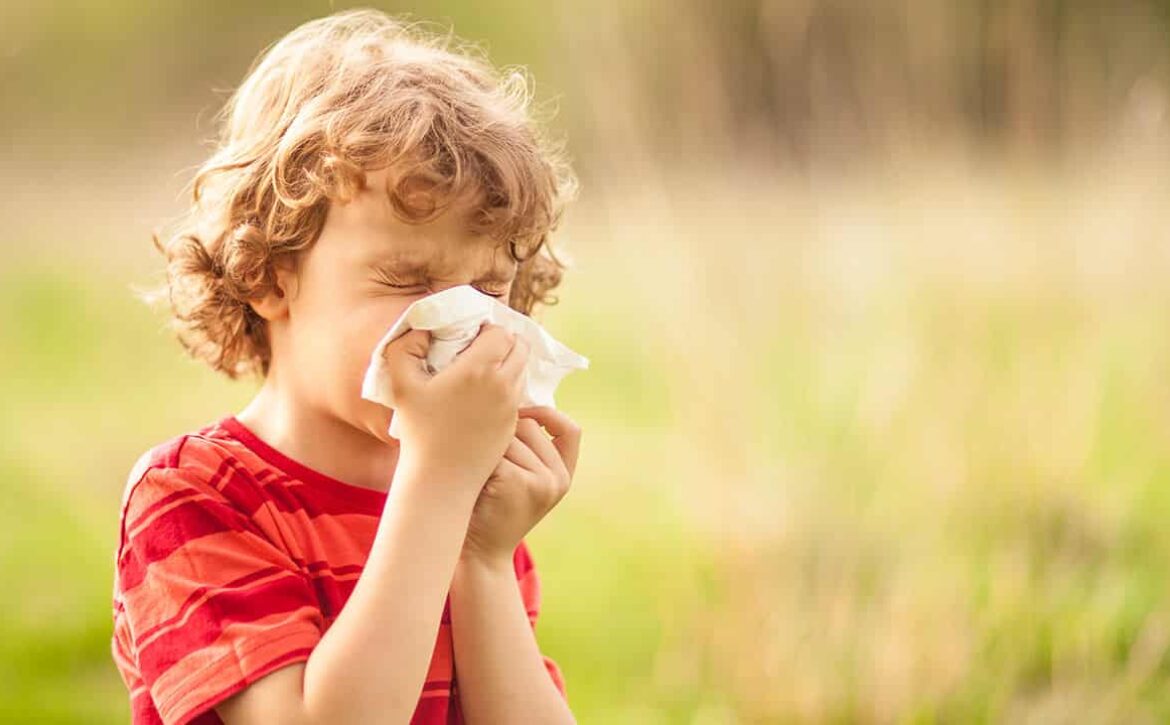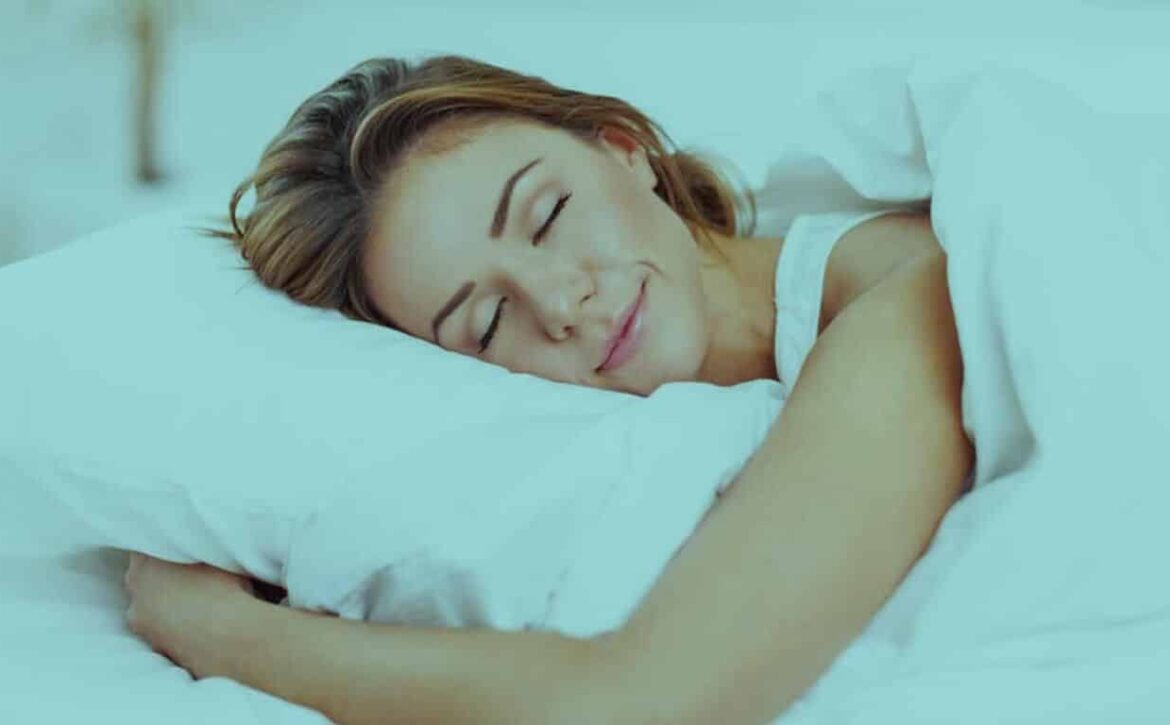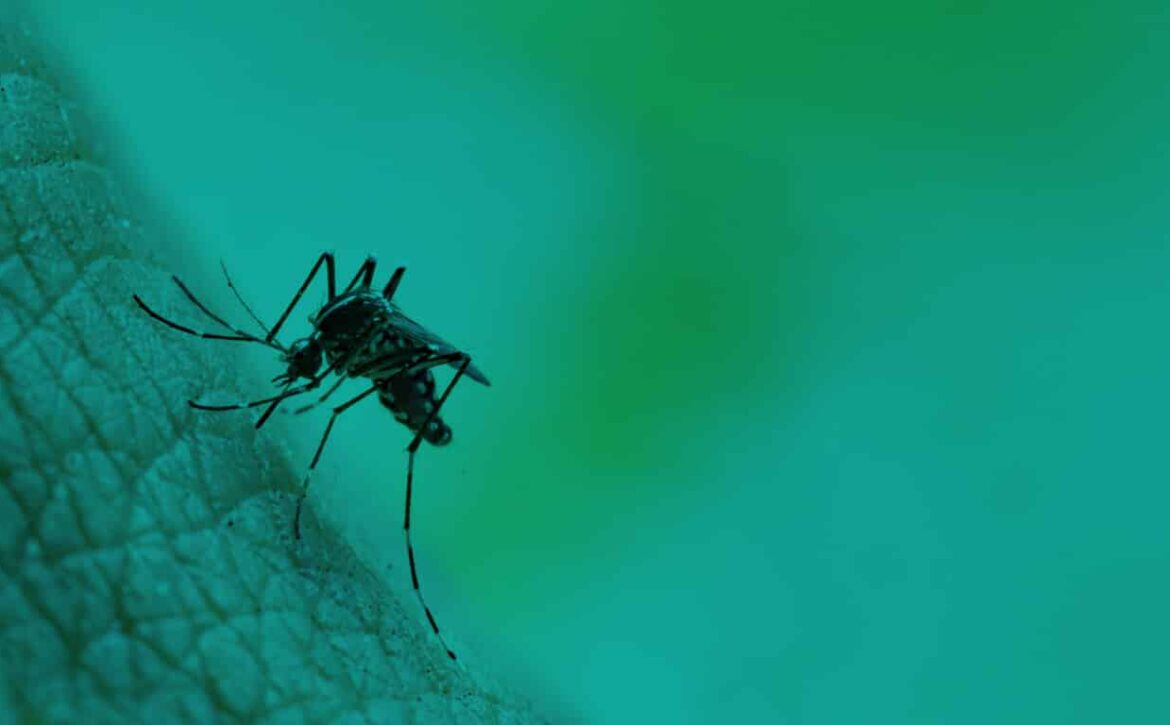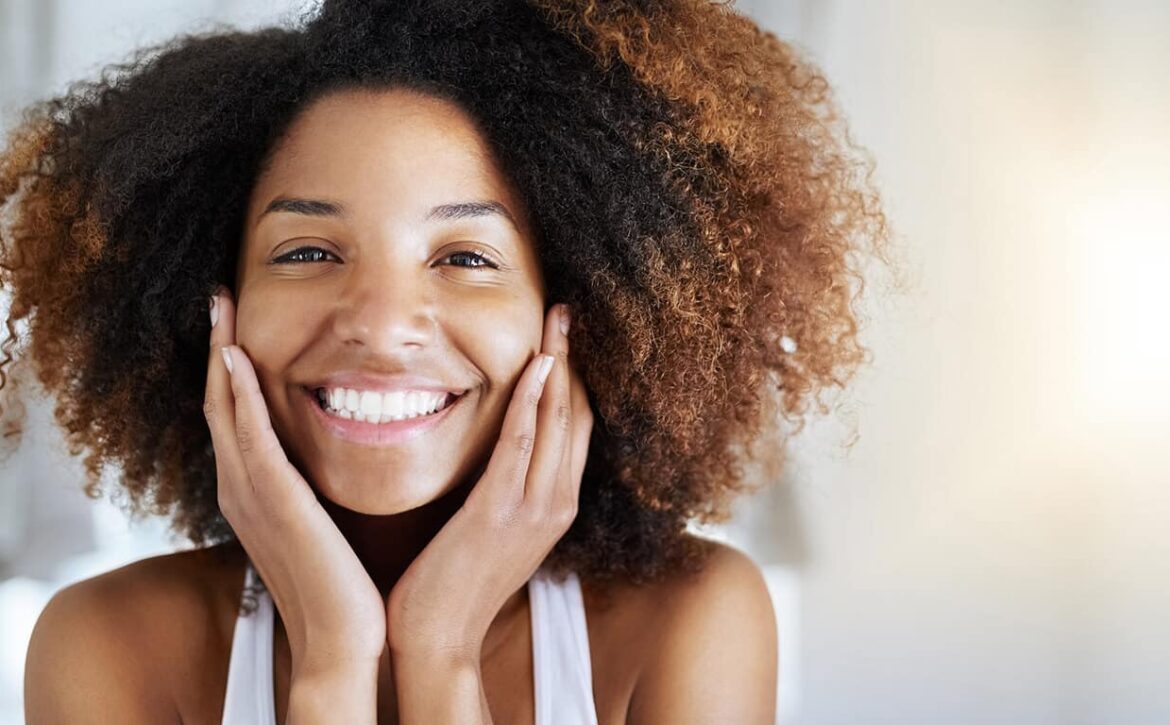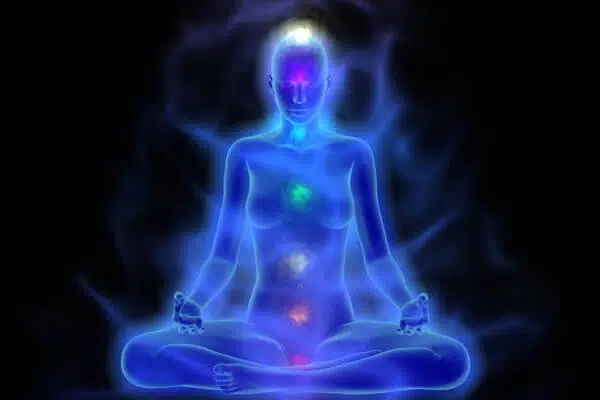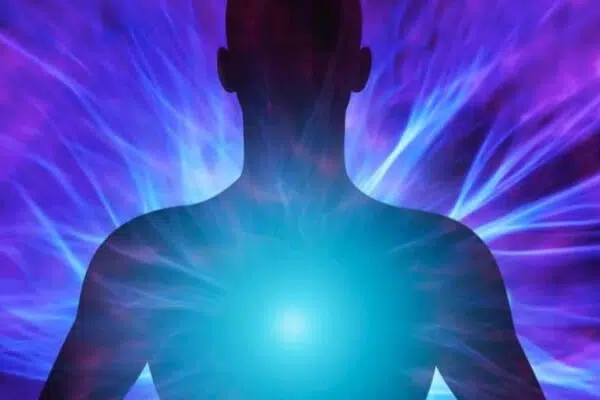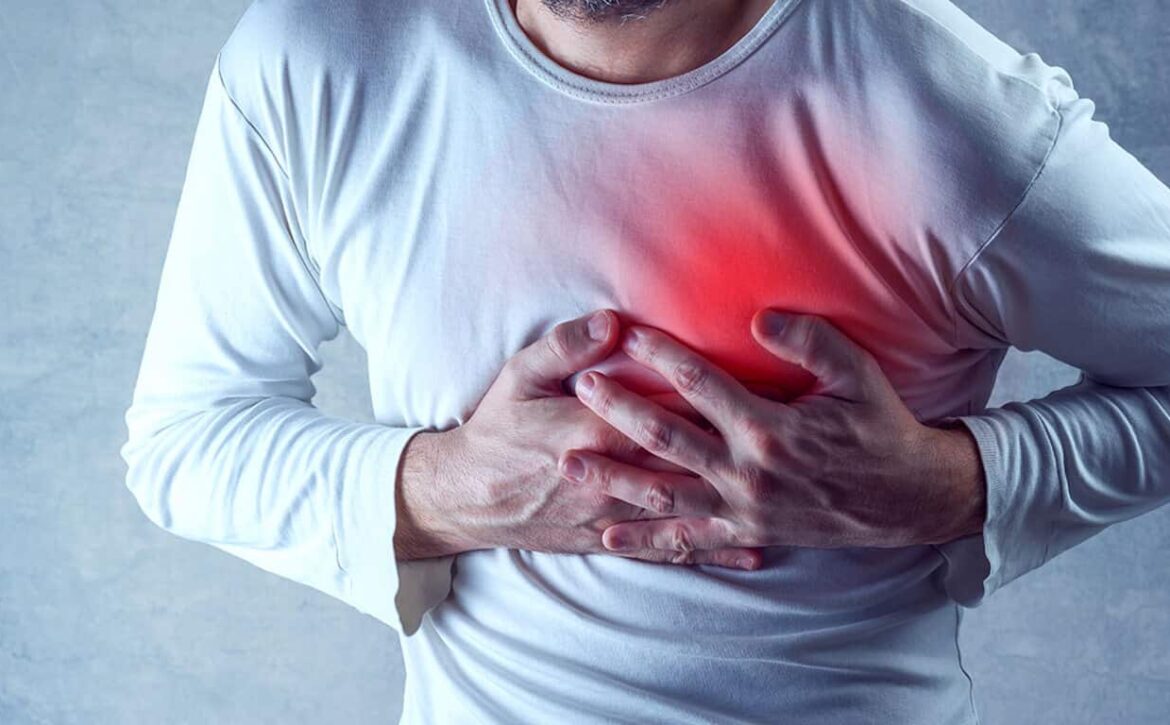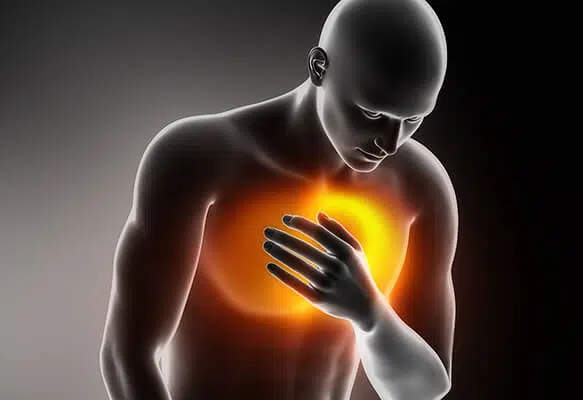Athletes foot: Causes, symptoms and treatments
Athlete’s foot — also called tinea pedis — is a contagious fungal infection that affects the skin on the feet. It can also spread to the toenails and the hands. The fungal infection is called athlete’s foot because it’s commonly seen in athletes.
Athlete’s foot isn’t serious, but sometimes it’s hard to cure. If you have diabetes or a weakened immune system and suspect you have athlete’s foot, you should call your doctor right away.
Causes:
Athlete’s foot occurs when the tinea fungus grows on the feet. You can catch the fungus through direct contact with an infected person, or by touching surfaces contaminated with the fungus. The fungus thrives in warm, moist environments. It’s commonly found in showers, on locker room floors, and around swimming pools.
Symptoms:
There are many possible symptoms of athlete’s foot, which include:
- itching, stinging, and burning between your toes or on soles of your feet
- blisters on your feet that itch
- cracking and peeling skin on your feet, most commonly between your toes and on your soles
- dry skin on your soles or sides of your feet
- raw skin on your feet
- discolored, thick, and crumbly toenails
- toenails that pull away from the nail bed
Treatment:
Athlete’s foot can often be treated with over-the-counter (OTC) topical antifungal medications. If OTC medications don’t treat your infection, your doctor may prescribe topical or oral prescription-strength antifungal medications. Your doctor may also recommend home treatments to help clear up the infection.
OTC medications
There are many OTC topical antifungal medications, including:
- miconazole (Desenex)
- terbinafine (Lamisil AT)
- clotrimazole (Lotrimin AF)
- butenafine (Lotrimin Ultra)
- tolnaftate (Tinactin)
Prescription medications
Some of the prescription medications your doctor may prescribe for athlete’s foot include:
- topical, prescription-strength clotrimazole or miconazole
- oral antifungal medications such as itraconazole (Sporanox), fluconazole (Diflucan), or prescription-strength terbinafine (Lamisil)
- topical steroid medications to reduce painful inflammation
- oral antibiotics if bacterial infections develop due to raw skin and blisters
Home care
Your doctor may recommend that you soak your feet in salt water or diluted vinegar to help dry up blisters.
Alternative therapy
Tea tree oil has been used as an alternative therapy for treating athlete’s foot with some success. A study from 2002 reported that a 50 percent solution of tea tree oil effectively treated athlete’s foot in 64 percent of trial participants.
Ask your doctor if a tea tree oil solution can help your athlete’s foot. Tea tree oil can cause contact dermatitis in some people.
‘Ask Gogodoc About’ is an educational series providing information on various symptoms, pains, and disorders. (*intended for educational purposes only. If you are experiencing symptoms, please reach out to book an online GP consultation with a Gogodoc GP.) Talk to a doctor online at a time that suits you from home with a phone or video appointment. You can easily book an appointment with GP.


